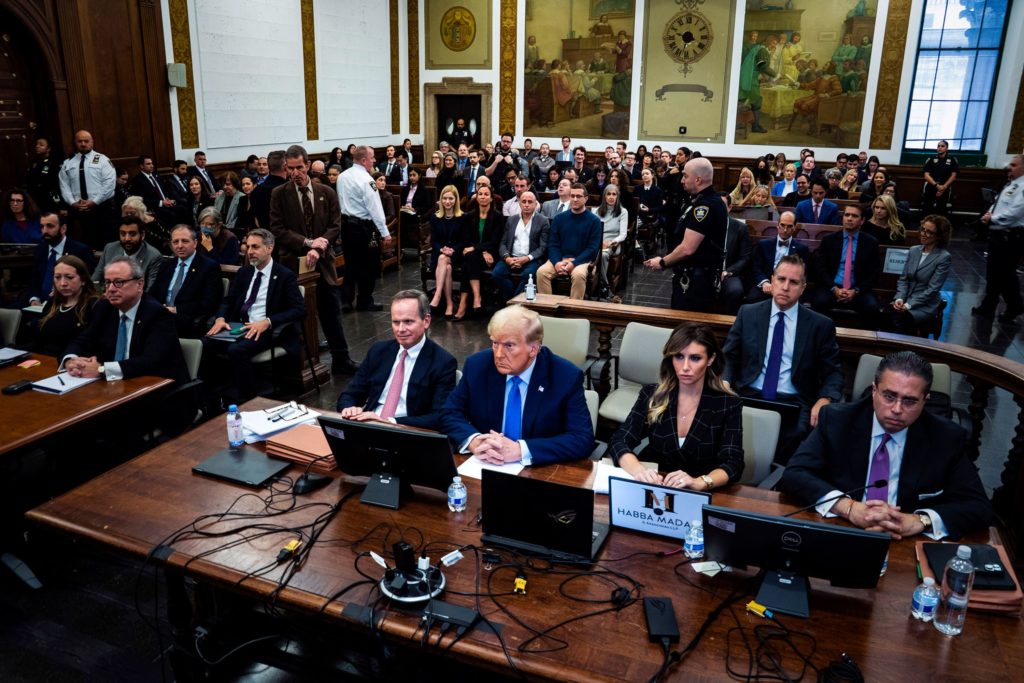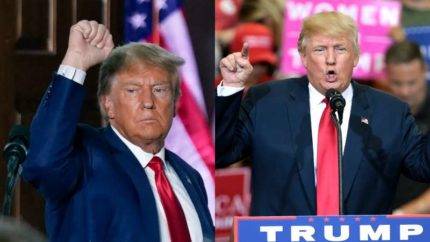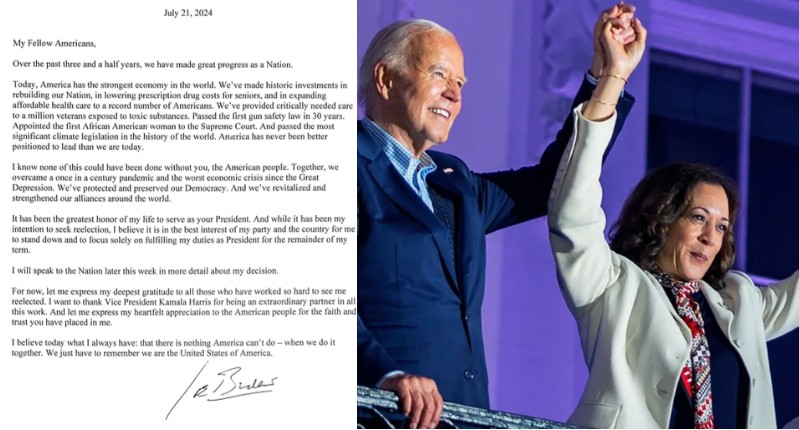The Michigan Supreme Court has firmly rejected an appeal seeking to prevent former President Donald Trump from appearing on the state’s 2024 ballot. The basis of this appeal was Section 3 of the 14th Amendment, a constitutional provision that addresses individuals who have been involved in insurrection against the United States government.
Michigan Supreme Court Upholds Appeal’s Court Decision
This decision by Michigan’s highest court follows a recent ruling by the Michigan Court of Appeals, which similarly dismissed an earlier appeal filed by the watchdog group Free Speech For People. The initial appeal was filed on behalf of a group of Michigan voters who sought to disqualify Trump from the ballot due to his alleged role in the January 6, 2021, attack on the U.S. Capitol by his supporters.
The Michigan Supreme Court’s decision, which aligns with the lower court’s ruling, signifies a legal stance that emphasizes the importance of due process and constitutional interpretation. While some may express disappointment in the court’s decision, citing the desire for accountability in the aftermath of the Capitol attack, others argue that this reaffirms the adherence to established legal procedures in determining the eligibility of candidates for public office.

Michigan Supreme Court Contrasting Outcomes with Colorado Supreme Court
Expectations surrounding the Michigan Supreme Court’s decision were shaped by a recent and unprecedented move by the Colorado Supreme Court. Just weeks ago, the Colorado Supreme Court voted 4-3 to exclude Donald Trump from presidential primary ballots, citing the same Section 3 of the 14th Amendment. This provision bars individuals who have “engaged in insurrection” from holding public office. The Colorado Supreme Court argued that Trump’s attempts to overturn the 2020 presidential election amounted to engaging in an insurrection, rendering him ineligible for the presidency.
The divergent outcomes between the Colorado and Michigan Supreme Courts underscore the legal complexities surrounding the interpretation of Section 3 of the 14th Amendment. While Colorado deemed Trump’s actions as insurrectionary, the Michigan courts, including the Supreme Court, have not reached a similar conclusion. This contrast raises questions about how different jurisdictions interpret and apply constitutional provisions, emphasizing the need for a nuanced understanding of legal arguments and the context in which they are presented.

In conclusion, the rejection of the appeal by the Michigan Supreme Court marks a pivotal moment in the legal battles surrounding Donald Trump’s eligibility for future electoral contests. The decision, rooted in constitutional interpretation and due process, reflects the ongoing debate about the consequences of political actions and the legal thresholds for disqualifying individuals from seeking public office. As the nation watches these developments unfold, the varying outcomes in different states highlight the complexities of applying constitutional principles to contemporary political challenges.
Table of Contents
Discover more from OGM News NG
Subscribe to get the latest posts sent to your email.














